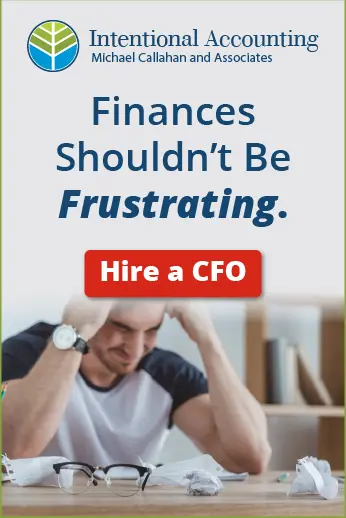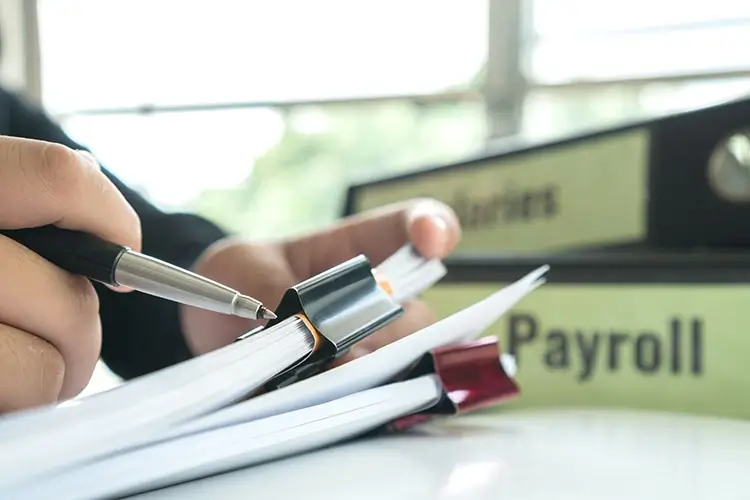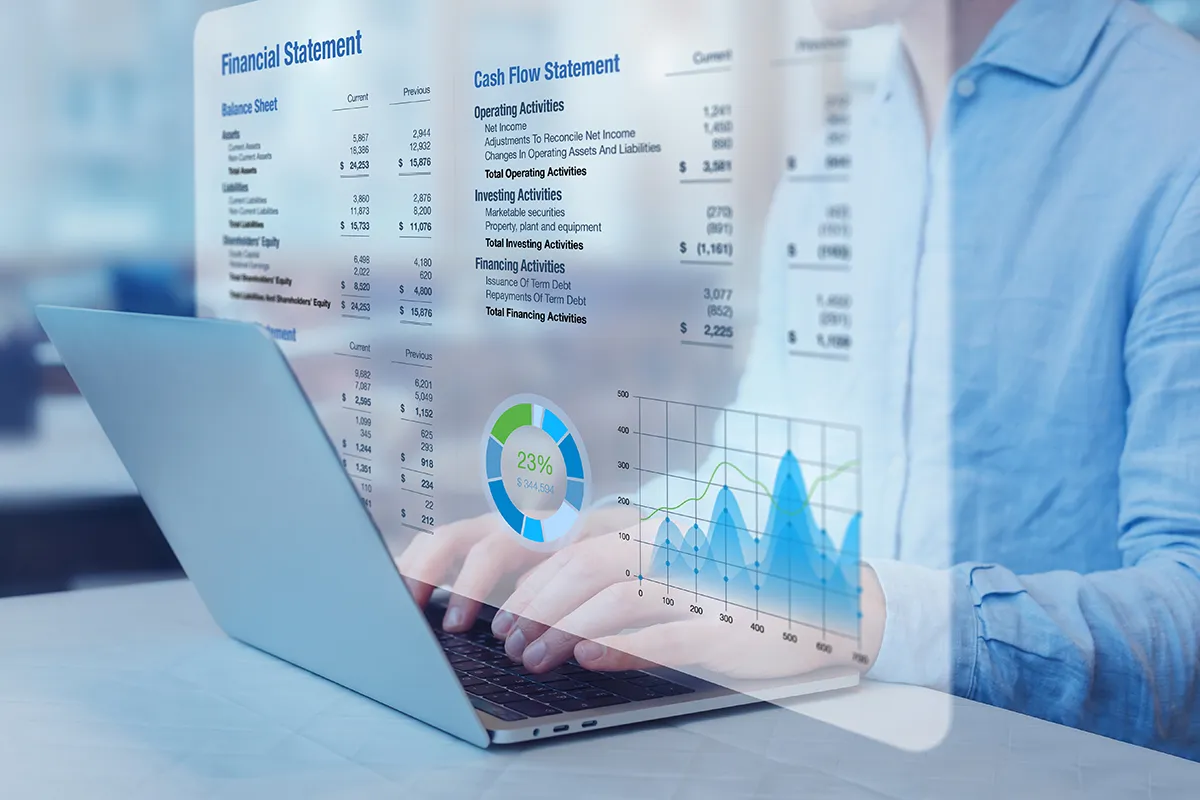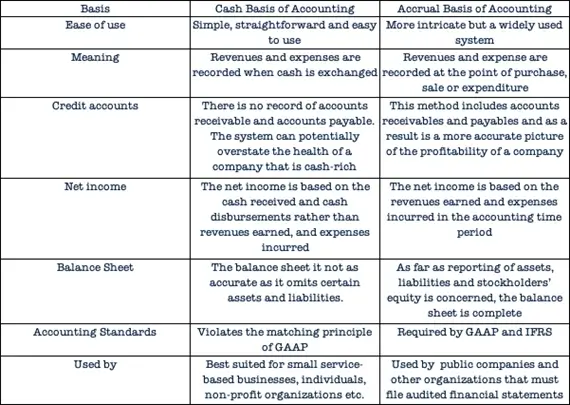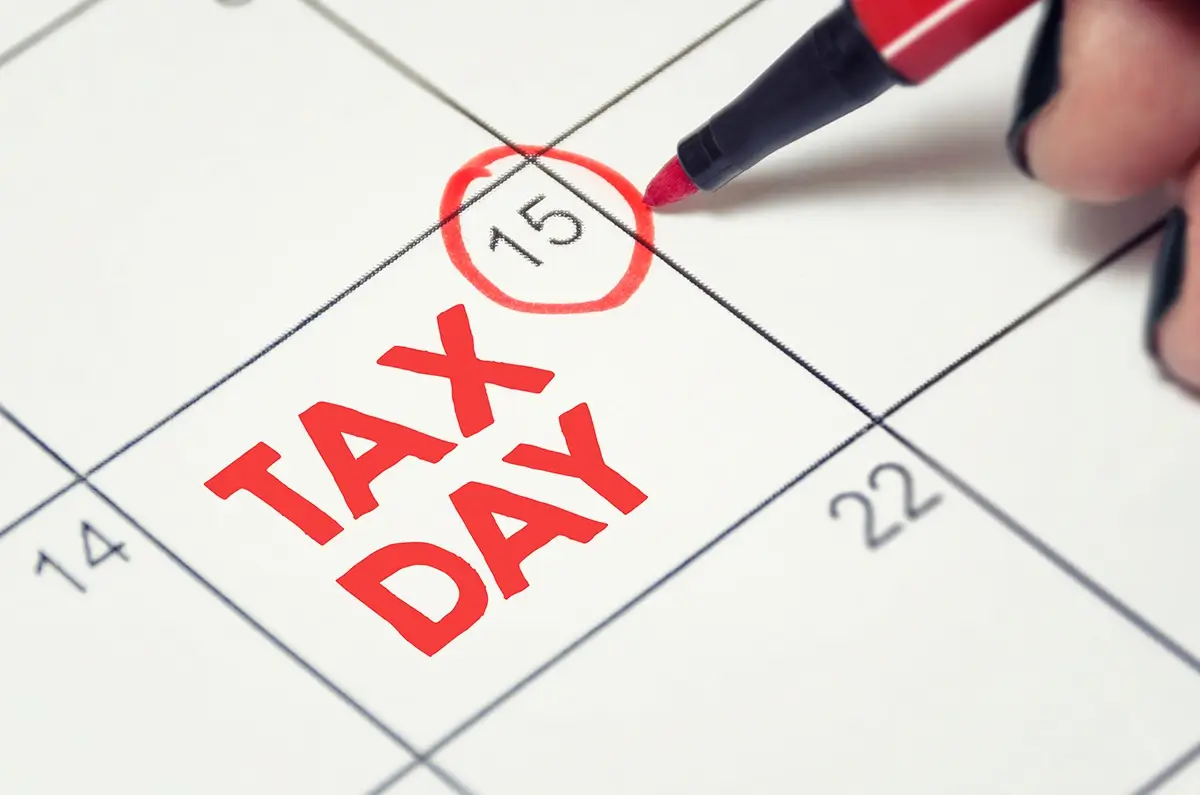It is possible to get out of debt, but you are going to need a plan to make it happen and then you will need to execute that plan! We have been working with people for many years and our experience has helped us come up with some helpful ways to help you make a plan.
Keep in mind that there may be times you will need to make all necessary adjustments to your budget along the way, so you don’t overspend and slide back into debt. Another big thing is an emergency fund, if you don’t have one, consider setting some money aside in savings beforehand.
Keep your checklist someplace where you’ll see it often (out of sight, out of mind), and make it your goal to check a task off the list at a specific interval (daily, weekly, monthly) depending on how quickly you want to become debt-free.
The first place to start is knowing what debt you have. If you don’t have a full picture of your financial burden, you can’t make an effective plan to get out of debt. Start by gathering your most recent statements for all loans and credit cards. Next, get your free annual credit reports to check them for accuracy and to identify all debts (you can get this every year for free, this is a recap of what the different credit agencies have on file and are reporting on you). If you still have student loans, check the National Student Data System to gather all student loan information.
Now that you have gathered this information let’s get started:
Step 1
Make a List:
- Make a list of all your debts. Be sure to include the name of creditor, interest rate, balance, minimum monthly payment
- Include loans not listed on your credit reports (e.g. family loans, medical bills).
By having everything written out in front of you it’s right there in black and white, it may not seem as insurmountable as it did before. The key to success is having all of the accurate information and knowing where you stand.
Step 2
Lower Your Interest Rates:
- This may or may not be possible on everything, but you won’t know until you try.
- Based on your credit, you may qualify for much better interest rates on credit cards
- Check out student loan consolidation and Income-based Repayment at StudentLoans.gov
- Call your card issuers to ask for lower rates on credit card balances
- Consider a consolidation loan and/or balance transfers to pay off high-rate credit cards at a lower rare
- Try to refinance any high-rate auto loans
Step 3
Getting Your Total Debt Number:
- Once you write everything down, you will then get your total debt owed, now you know what your total payoff amount is, and you have a goal to work towards.
- Total the pay-off amount for all your credit cards
- Add the payments for all your other debts
Step 4
Create Your Plan:
- There are so many tools and methods out there to help you plan your strategy for eliminating your debt. Do your research to find what may work best to assist you.
- Determine if you can afford to pay the Total Monthly Payment until your debt is paid off
- If it is not doable, contact a credit counseling agency and/or bankruptcy attorney for advice
- If it is doable, decide which debt to pay off first – this will become your target debt (do you want to pay the highest interest rate first, the highest balance, the lowest balance?)
- Set up “auto pay” for required minimum for all debts except target debt
- Pay as much as possible toward target debt until paid off
- Once your target debt is paid off, choose new target debt, and pay extra toward that one, and so on
- Choose how much to put into your Emergency Fund and set that for auto-pay as well
Once you get your plan set, you will need to track and make sure you are staying on target. This is probably something you will want to track weekly at a minimum (or however often you get paid). You will need to make sure you are making progress and adjust quickly when necessary. Realize that sometimes things will come up that you don’t plan for or expect, you will need to be flexible and be able to adjust for these circumstances.
As you begin to work your system, keep in mind that it is not going to be easy (if it was, everyone would be debt free). It will take a lot hard work to do it, but in the end, it will be worth it. When you do have to make changes remember, this isn’t about a quick fix, it’s about changing your habits and behaviors, so you can achieve your financial goals.


